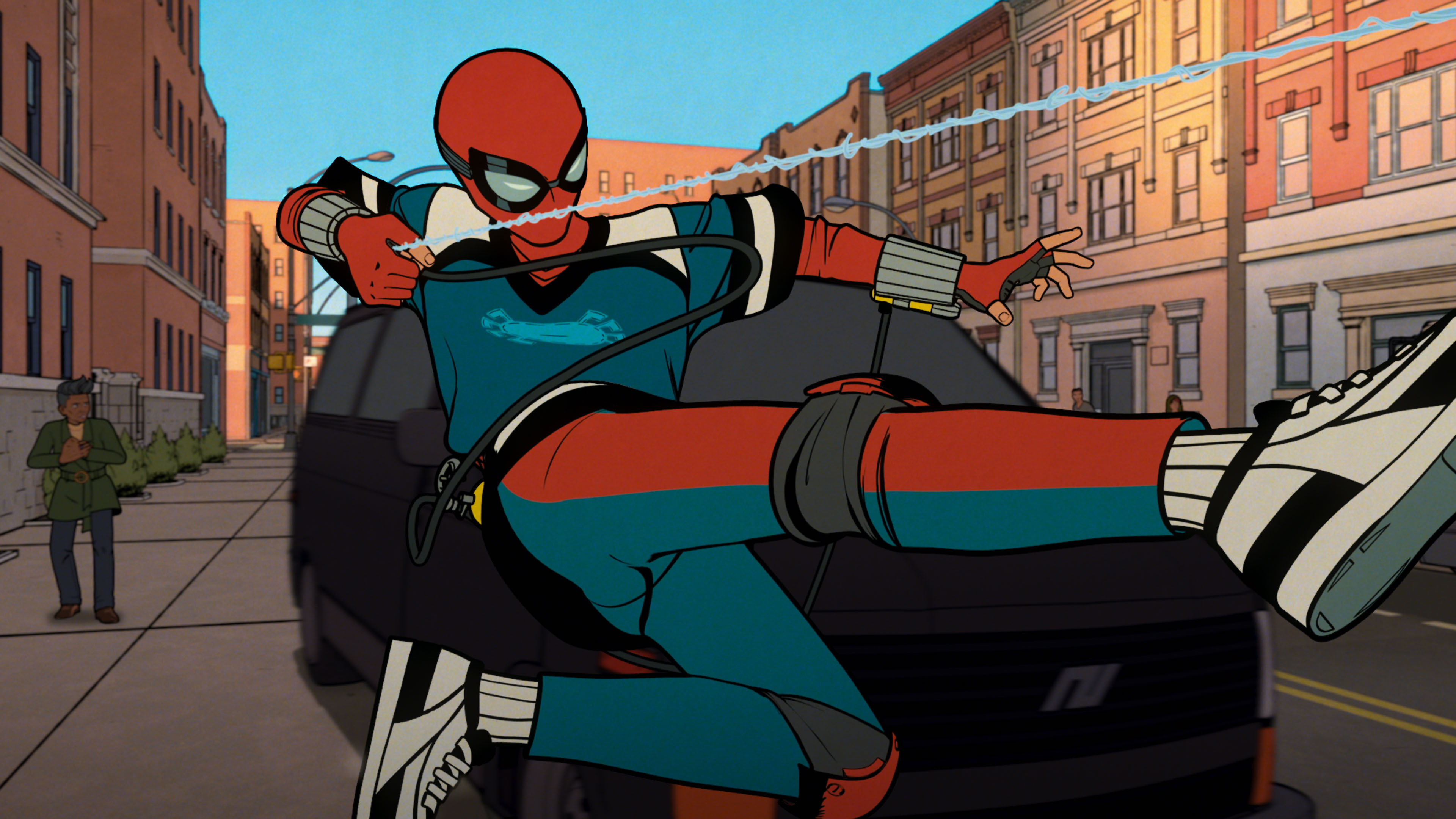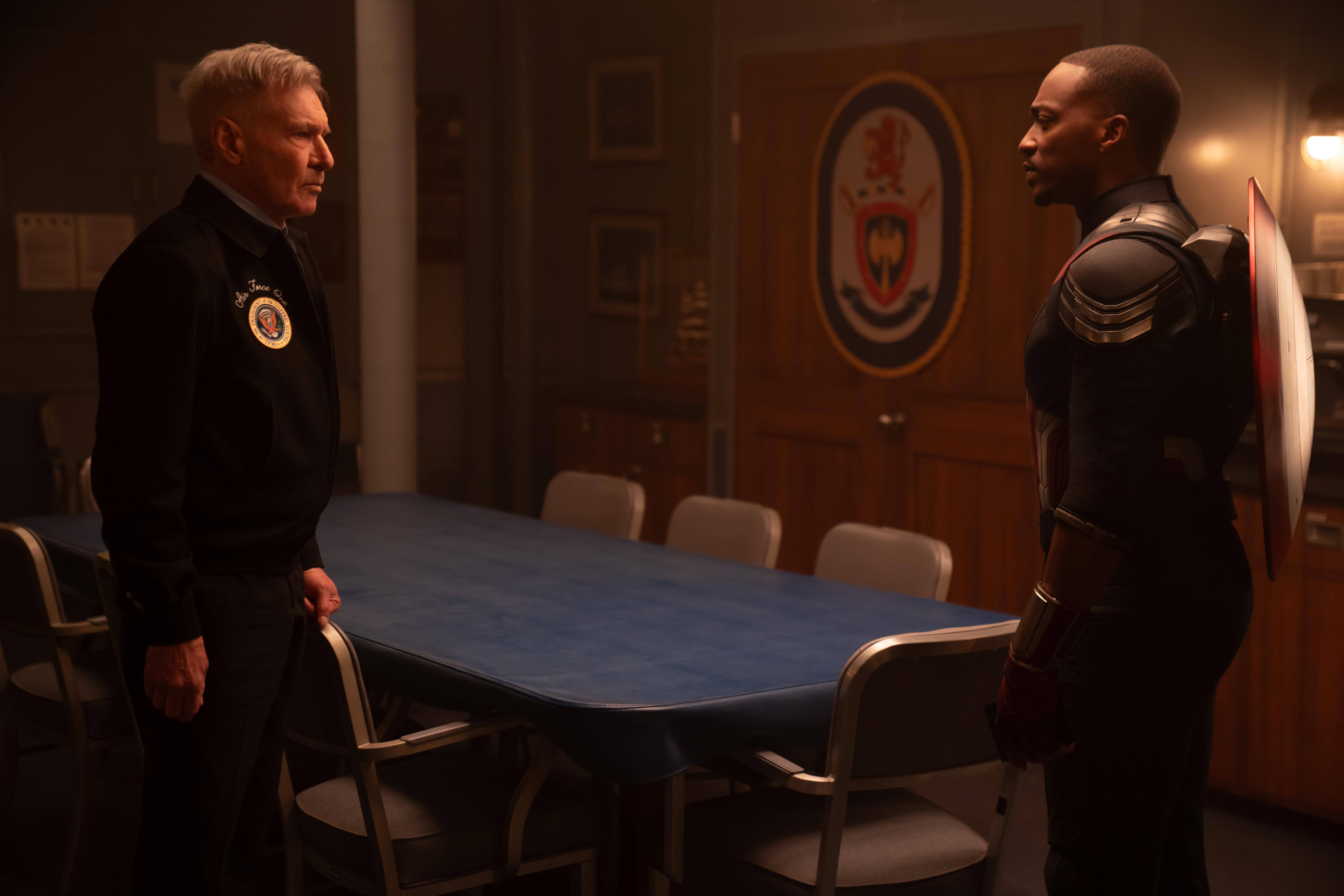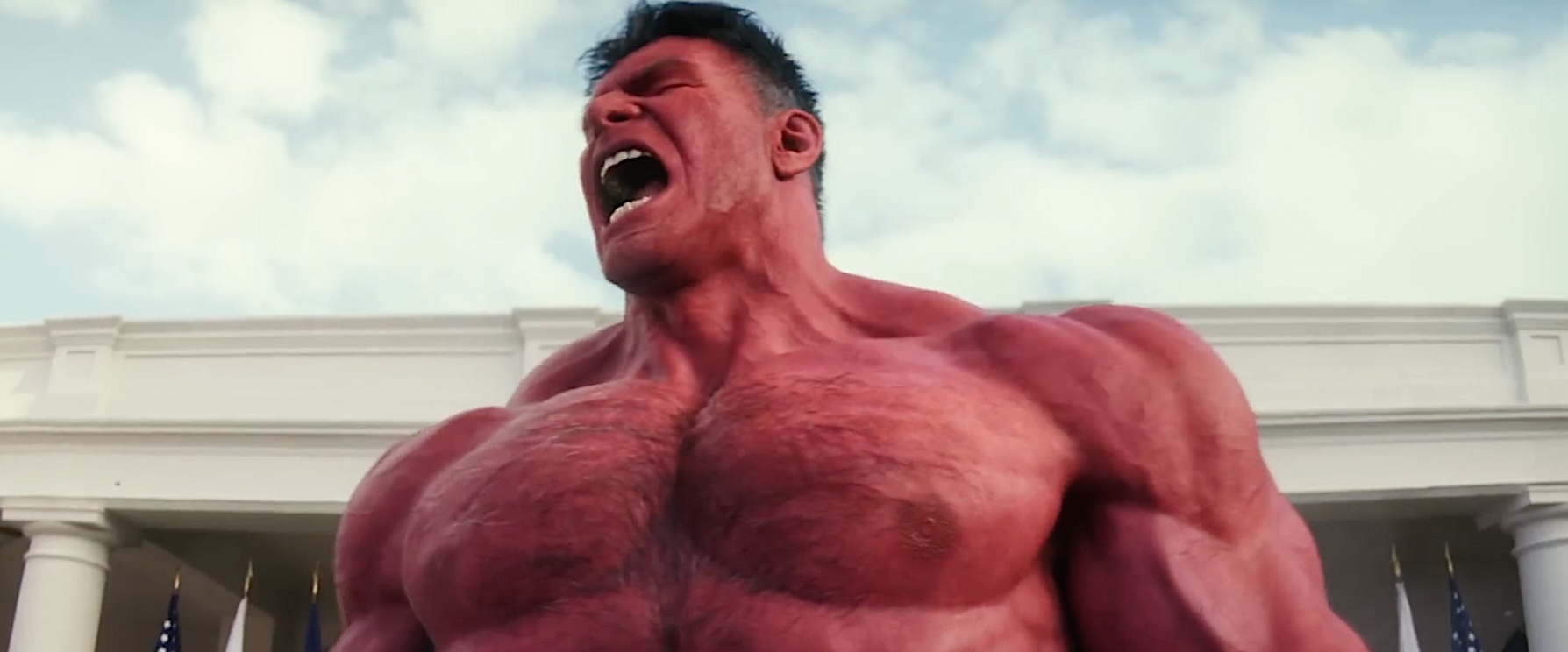More than 50 visual effect workers at Marvel Studios are looking to unionize. The group filed its desire on Monday, asking the National Labor Relations Board to schedule a formal election for as early as Aug. 21, according to Vulture.
“For almost half a century, workers in the visual-effects industry have been denied the same protections and benefits their coworkers and crewmates have relied upon since the beginning of the Hollywood film industry,” VFX organizer for IATSE Mark Patch said in a statement. “This is a historic first step for VFX workers coming together with a collective voice demanding respect for what we do.”
The VFX workers looking to unionize are part of Marvel’s “on-set VFX specialists,” Vulture said, including “data wranglers, production managers, witness camera operators, and assistants employed on such MCU series as Loki and Daredevil: Born Again.” Post-production VFX is typically outsourced to various VFX production houses, where Vulture reported Marvel is known as an industry “bully” that can “ruin careers.” IATSE is looking to start in-house with Marvel’s VFX team and, hopefully, spread the union solidarity outward from there.
Though other areas of the industry are unionized — like writers and actors — visual effects workers largely haven’t had union representation, despite their demanding work and long hours. The super-majority of Marvel VFX workers signed union authorization cards intended to trigger an NLRB election and join the thousands of industry professionals already unionized in Hollywood.
The IATSE itself represents people working behind the scenes in TV, theater, movies, and elsewhere. The protections granted to IATSE workers behind the scenes have otherwise not applied to VFX workers: “Turnaround times don’t apply to us, protected hours don’t apply to us, and pay equity doesn’t apply to us,” VFX coordinator Bella Huffman told Vulture. “Visual effects must become a sustainable and safe department for everyone who’s suffered far too long and for all newcomers who need to know they won’t be exploited.”
Visual effects is a particularly difficult field, and Marvel is reportedly especially hard on its VFX workers, according to a Vulture report from January: “VFX workers specifically lament Marvel’s voracious appetite for visual effects butting up against its apparent unwillingness to invest in the human capital required to implement them,” the report reads. That means more work for less pay — reportedly 20% less than other studios, Vulture reported at the time.
Writers and actors from both the Writers Guild of America (WGA) and the Screen Actors Guild-American Federation of Television and Radio Artists (SAG-AFTRA) are on strike as the unions fight the Alliance of Motion Picture and Television Producers (AMPTP) for new, better contracts. It’s an unprecedented summer of labor actions; both unions haven’t been on strike together since 1960. Like Marvel’s VFX workers, WGA and SAG-AFTRA members are looking for a say in how they’re compensated — in an industry that makes billions, workers are undervalued and looking for fair compensation for their work.
Polygon has reached out to Marvel and IATSE for comment.











